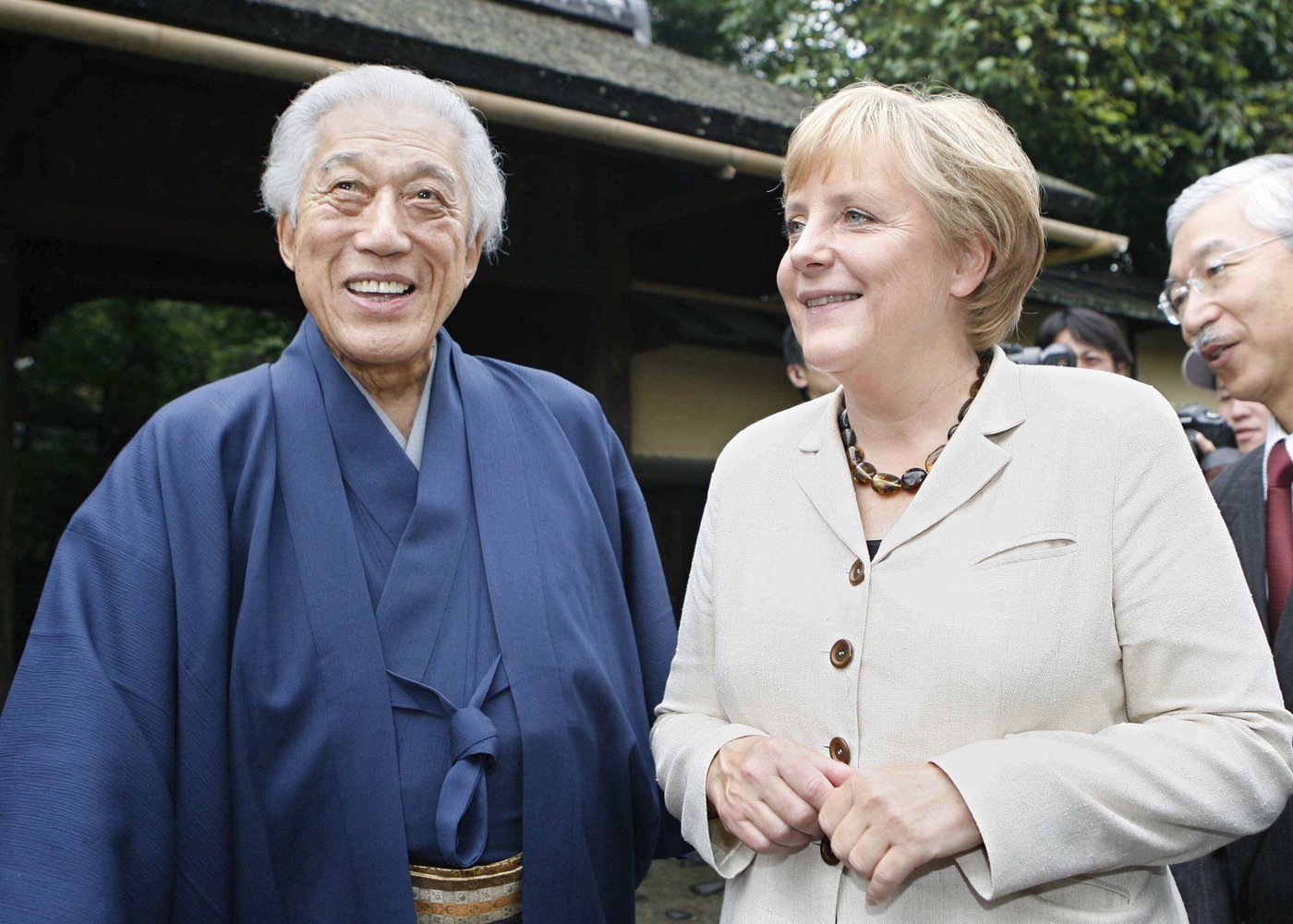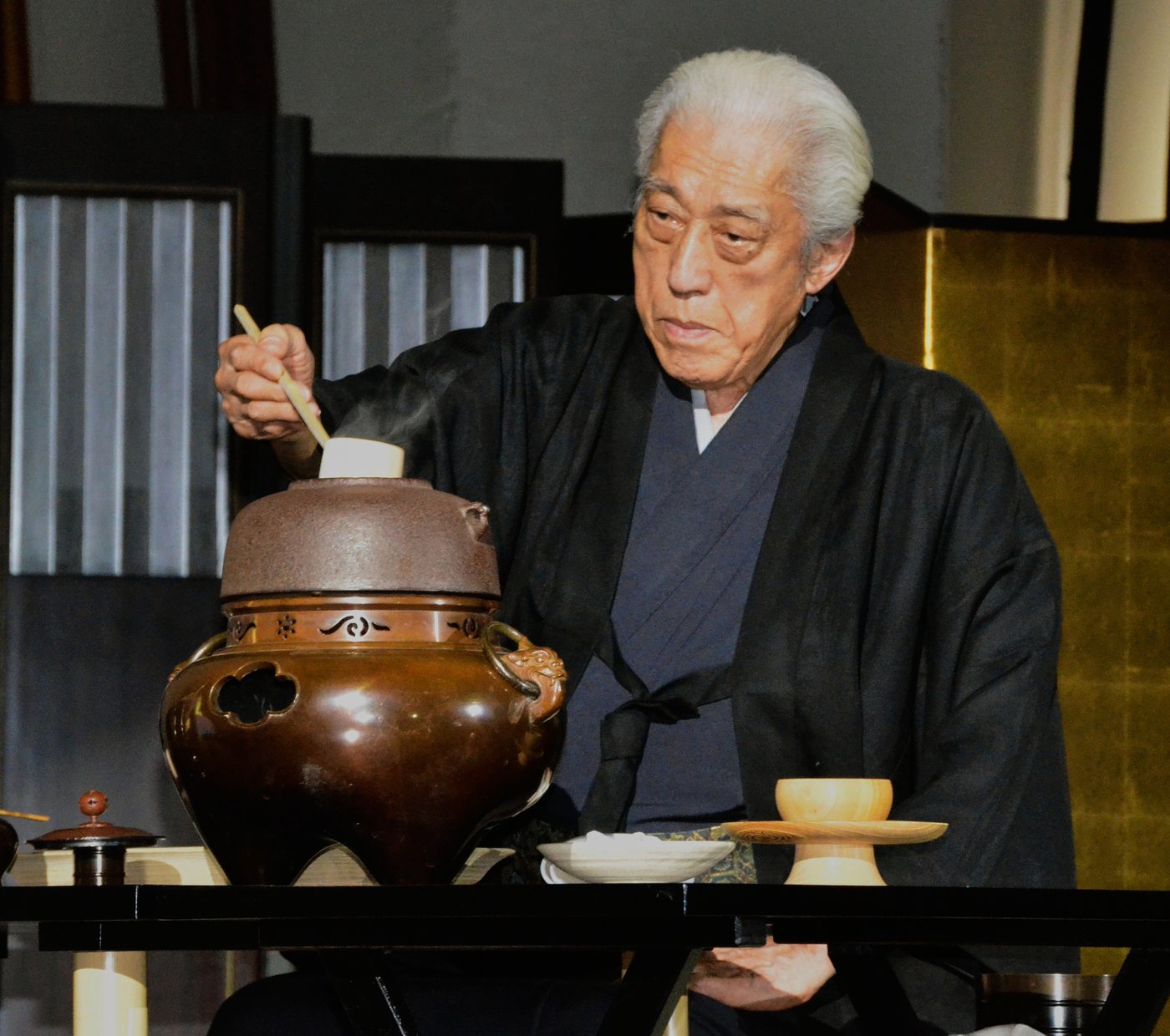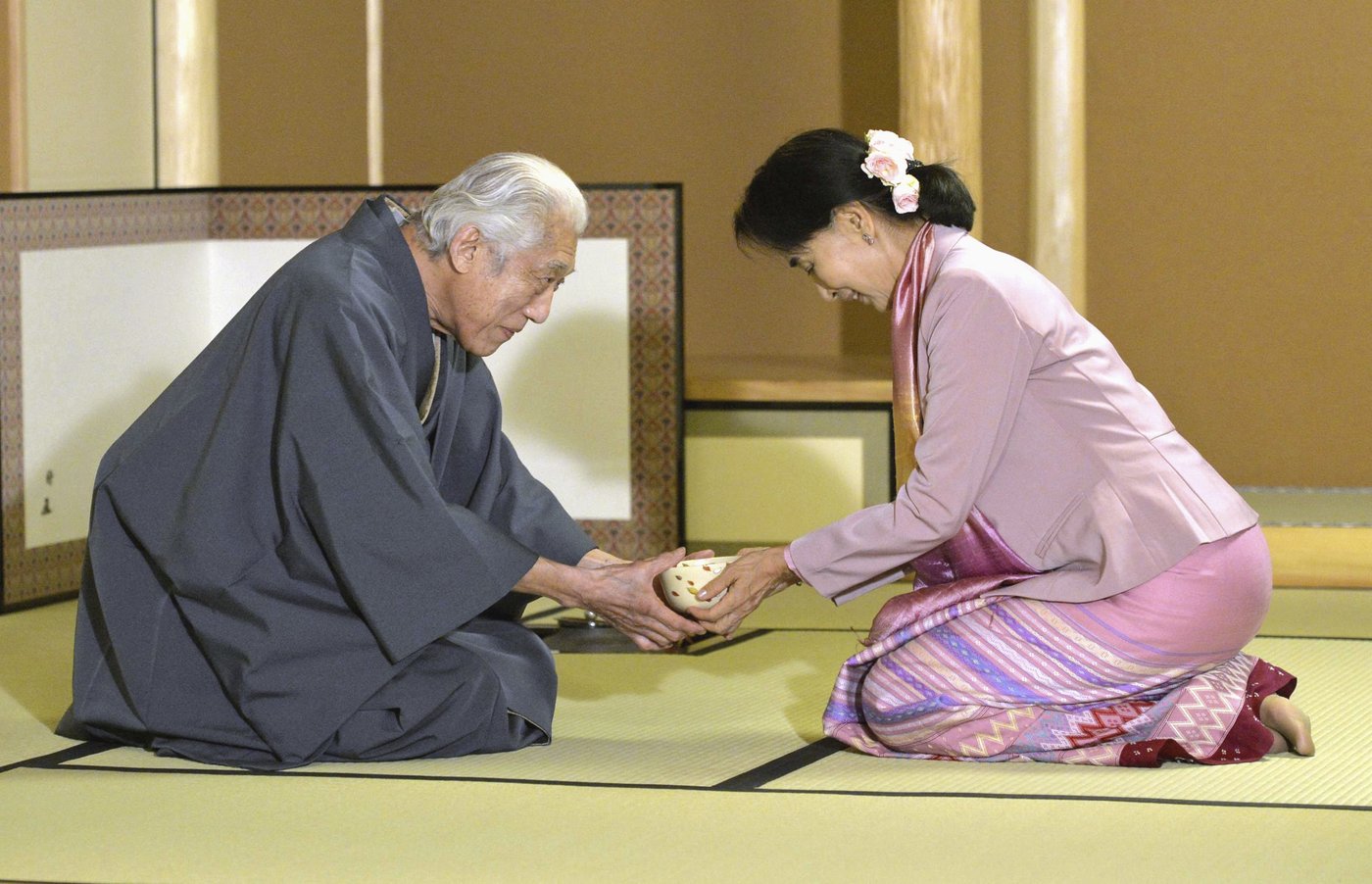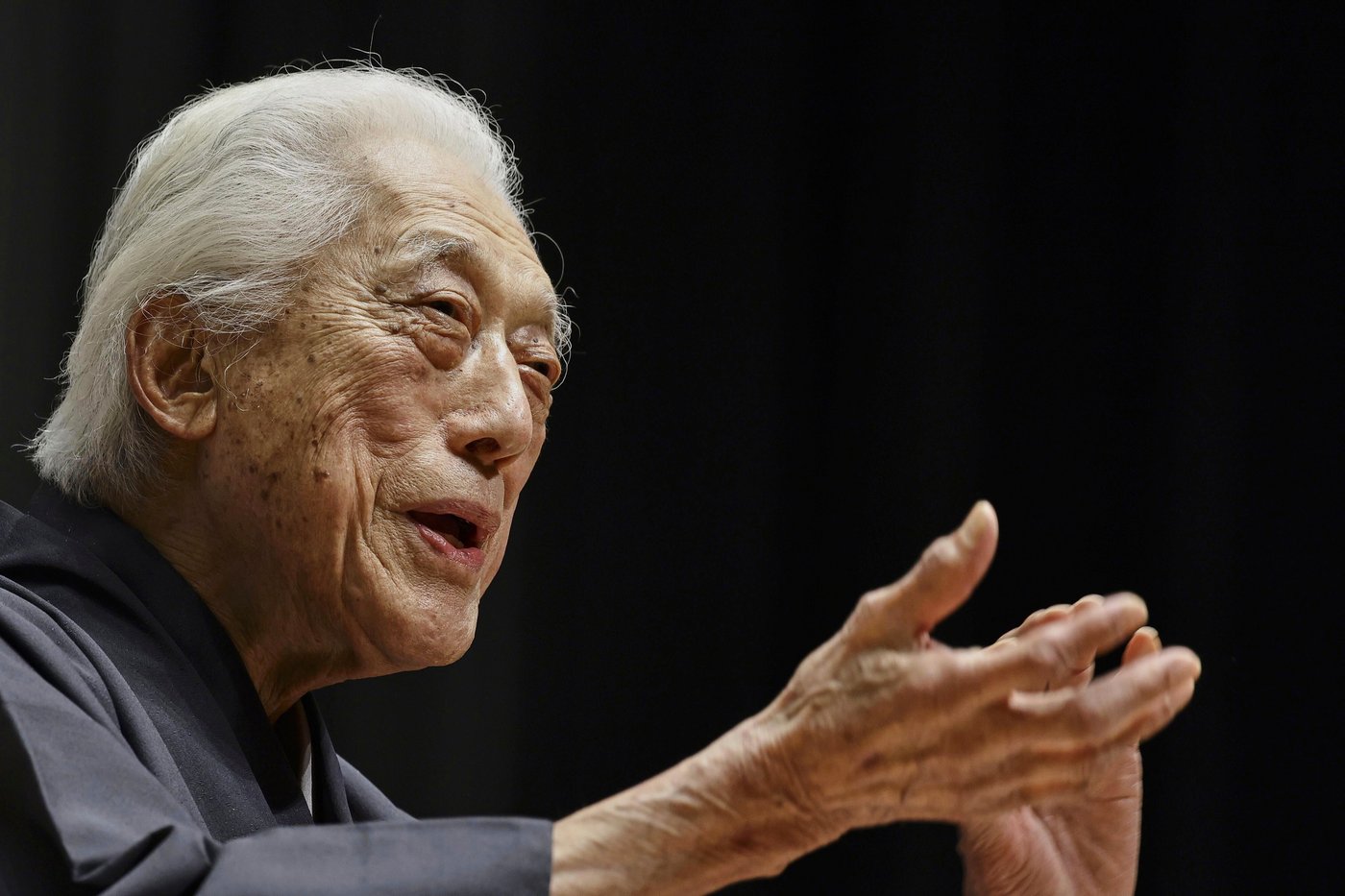Elevate your local knowledge
Sign up for the iNFOnews newsletter today!
Sign up for the iNFOnews newsletter today!
Selecting your primary region ensures you get the stories that matter to you first.

TOKYO (AP) — Genshitsu Sen, a former Kamikaze pilot trainee who later promoted peace as a grand master of the Japanese tea ceremony, has died, officials said Thursday. He was 102.
Sen had been hospitalized since falling and experiencing difficulty walking in May. He died early Thursday after developing breathing trouble, Urasenke officials said.
As a survivor of Japan’s wartime Kamikaze suicide program who saw many of his fellow pilots take off for one-way flights, Sen was a staunch anti-war advocate and promoted “peacefulness through a bowl of tea.”
“Serving tea brings peace to everyone,” he said. “If everyone feels peaceful, there will be no war.”
Sen became the 15th Grand Master of the Urasenke school of Japanese tea ceremony in 1964. Urasenke is one of three top schools founded in the early 17th century based on the teachings of Sen no Rikyu.
As grand master, Sen performed the tea ceremony more than 300 times in 70 countries to promote the art of Chado, or the way of tea, and global peace, earning him the nickname “flying teamaster.”
He hosted tea ceremonies to pray for peace in milestone years marking the end of the war and, in 2011, served tea at the USS Arizona memorial in Honolulu, Hawaii, to pay tribute to those who died in the Japanese attack on Pearl Harbor on Dec. 7, 1941.
Sen was born in 1923 in Japan’s ancient capital of Kyoto. He was only 6 years old when he first took lessons to become a grand master.
His future was mired in uncertainty during the war. In 1941, the year he entered Doshisha University in Kyoto, Japan launched the war on the United States, and two years later he was among 100,000 students mobilized to fight.
In 1943, Sen was conscripted to the Imperial Navy and began training to be a Kamikaze pilot, but the war ended before he was deployed.
Sen brought his tea ceremony equipment with him when he joined the navy and served a group of several fellow trainees a farewell tea before their mission.
He handed over his grand mastership to his son in 2002, but continued to promote tea and peace until earlier this year.
His wake and funeral were to be held by close family only and a memorial is expected at a later date, Urasenke said.




This site is protected by reCAPTCHA and the Google Privacy Policy and Terms of Service apply.
Want to share your thoughts, add context, or connect with others in your community?
You must be logged in to post a comment.